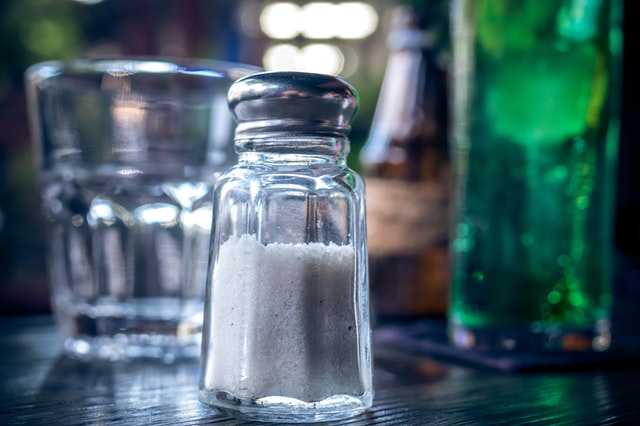
When one talks of dietary sodium, less is definitely better. Despite this knowledge, most people today consume 50% more than the recommended daily quantities of sodium. Foods that are high in sodium increase blood pressure levels. High blood pressure damages the kidneys over time and is a major cause of kidney failure.
To help you reduce salt intake to the ideal one teaspoon each day, Top Nutritionist in Delhi, Avni Kaul, shares tips to reduce sodium in your diet in this blog.
Here they are:
Avni Kaul is Founder of Nutriactivania with Masters Degree in Food and Nutrition from University of Delhi and is also a Certified Diabetes Educator from Project Hope and International Diabetes Federation. She is a Leicester Mammas Ambassador trained in Lactation Counselling with NHS United Kingdom. Mammas support pregnant and new mothers and their families. Specializations of Avni Kaul Include Infant and Young Child Feeding Practises, Pre and Post natal diets, Fat loss, Muscle Gain and Holistic Health and Nutrition